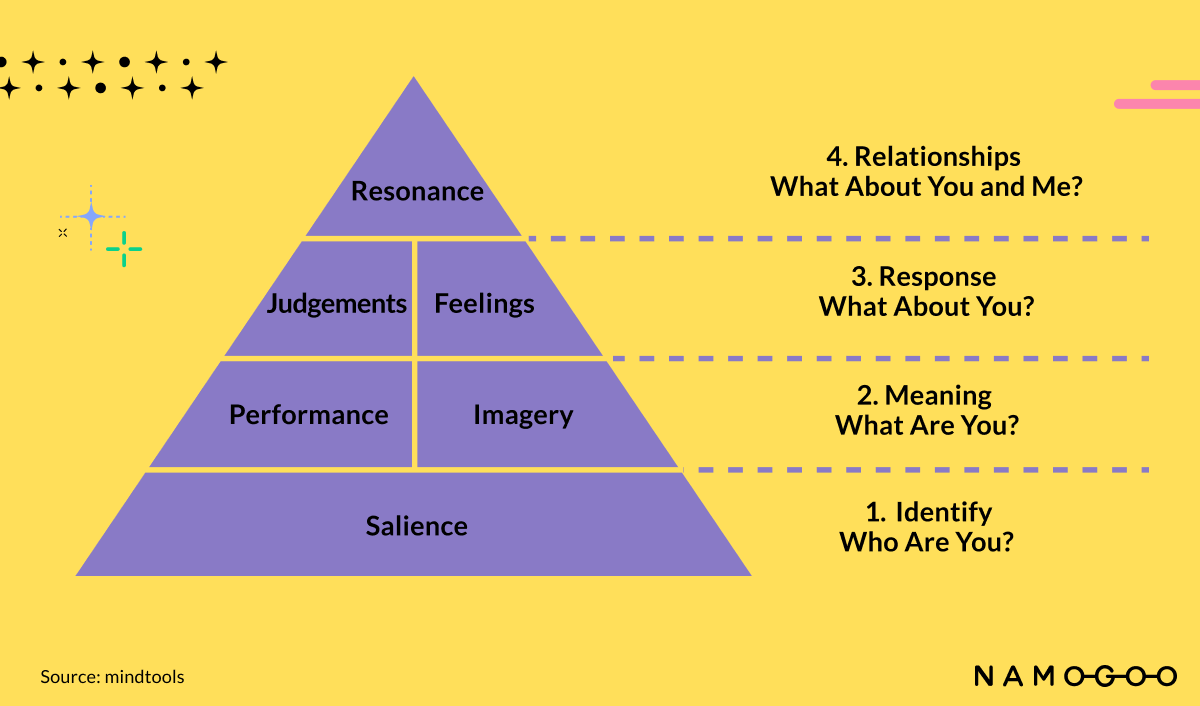Table Of Content

The information provided by Quicken Loans does not include all financial services companies or all of their available product and service offerings. Article content appears via license from original author or content owner, including Rocket Mortgage. A benefit of building equity in your home, beyond paying off your mortgage, is the ability to borrow money against it. The interest rate on home equity-based borrowing is typically lower than that on credit cards and personal loans because the funds are secured by your equity. If you’re 62 or older and considering retirement, you may explore a reverse mortgage1. With a reverse mortgage, you’ll stop making your monthly mortgage payments and will instead receive money based on the equity in your home.
Pros And Cons Of Home Equity Loans
The IRS sets annual limits that vary depending on whether you're single, head of household or filing jointly, and you'll have to itemize your deductions to take advantage of this one. You may be able to claim a tax deduction on your HELOC interest if you used the loan for home improvements. Whether a home equity line of credit is a good idea really comes down to your goals and financial situation. Keep in mind if you want to use the equity in your home as a funding source, the amount you can borrow depends on how much equity you have in your home. Contact your lender, your financial advisor, and/or a housing counselor for advice or information related to your specific situation.
Letters to the Editor: These ‘quiet NIMBY’ cities are fueling California’s housing shortage
She has worked in the online personal finance space since 2017 and is passionate about creating helpful content that makes complicated financial topics easy to understand. Ashley is also a massive horror fan who spends her free time scaring herself with spooky stories, playing video games, and chasing her black cat Salem. However, keep in mind that these loans are riskier and generally not offered by commercial banks—instead, you’ll have to work with a private company or individual. This added risk to the lender also means that interest rates are usually higher compared to what you’d get with a traditional loan. Hard money loans also tend to have a much quicker turnaround time, which could make them a good option if you need the cash quickly.
How Much Can I Get With a Home Equity Loan or HELOC?
In markets including California and South Florida, homeowners saw their home equity decrease and often ended up with negative home equity. A more significant amount of home equity can protect homeowners against falling home prices and help them preserve some equity. For instance, you might lose equity if your home or neighborhood falls into disrepair or becomes less desirable. You can also lose equity if macroeconomic conditions cause home values to decline.
More From the Los Angeles Times
Understanding how equity works is an essential step in preparing to buy a new home or refinancing your current mortgage. By leveraging the equity you build in your home, you can consolidate debt, pay for renovations or make updates that increase your home’s property value in the long run. Equity is the difference between what you owe on your mortgage and what your home is currently worth. If you owe $150,000 on your mortgage loan and your home is worth $200,000, you have $50,000 of equity in your home. In a foreclosure situation, the lender takes control of your home because you are unable to make your payments.
What Is a Home Equity Loan?

Your lender will then provide you with a mortgage loan of $180,000. If the home is worth that $200,000 sales price, you now have $20,000 in equity, or $200,000 minus $180,000. It is common to receive an amortization schedule at your home’s closing. The loan amortization schedule describes the allocation of interest payments and principal repayment across the term of the loan. This helps you to not only keep track of your balance, but to understand the true cost of your home over the life of your loan.
For home improvements or launching a business
Aiming to get your credit score in the "Good" range (670 to 739) would be a great start towards qualifying for a mortgage. But if you're wanting to qualify for the lowest rates, try to get your score at least within the "Very Good" range (740 to 799). It's important to point out lenders are free to set higher minimum credit score requirements than what the loan-backing organizations require. Some lenders may require a minimum score of 660 for conventional loans, or a score of 580 for a VA loan, for example.
Is it better to get a home equity loan or line of credit?
The interest rate on a home equity loan—although higher than that of a first mortgage—is much lower than that of credit cards and other consumer loans. That helps explain why a primary reason that consumers borrow against the value of their homes via a fixed-rate home equity loan is to pay off credit card balances. Essentially, a home equity loan is akin to a mortgage, hence the name second mortgage. The amount that a homeowner is allowed to borrow will be based partially on a combined loan-to-value (CLTV) ratio of 80% to 90% of the home’s appraised value.
Why is building home equity important?
A financial advisor can help you make the most of your home equity. Negative equity is when you owe more on your mortgage and loans secured against your property than you would get by selling your home. An example of when this could happen is if you put down a small deposit of say 5% or 10% on your property, and house prices fall.
Here's What Happens When You Have No Equity in Your Home - The Motley Fool
Here's What Happens When You Have No Equity in Your Home.
Posted: Tue, 19 Sep 2023 07:00:00 GMT [source]
Plus, repay the equity you borrow from your home as quickly as possible. This is because the longer you repay the debt, the more interest you’ll pay. In addition, interest on student loans is tax deductible even if you don’t itemize, whereas home equity loan interest is deductible only if you itemize and use the equity to improve or build a home. Besides benefiting from potential value appreciation, any down payment you make when purchasing your home gives you equity.
You’ll then use these funds to pay off your existing mortgage, leaving you with the extra amount—minus any closing costs—to use how you wish. If you choose to get a cash-out refinance, you usually can secure a lower interest rate than with a home equity loan. The reason for the discrepancy in interest rates has to do with the order in which lenders are paid in the case of defaults and foreclosures. Unlike the single lump sum of a home equity loan, a HELOC provides flexibility. There's still a total loan amount, but you only borrow what you need, then pay it off and borrow again. That also means you pay back a HELOC incrementally based on the amount you use rather than on the entire amount of the loan, like a credit card.
Visit the OVC Funding Webinars page or the Human Trafficking Microsite to learn more about available webinars for the solicitations you’re interested in. There is significant uncertainty for investment funds regarding the applicability of the final rule to carried interest vehicles such as a partnership or LLC. These actions will be monitored and evaluated regularly to determine progress and success, and to further identify barriers to suicide prevention. The first step to improving your score is finding out where you stand. You can currently check your credit report for free once every week with all three major credit bureaus (TransUnion, Equifax, and Experian) at AnnualCreditReport.com.
A cash-out refinance allows you to refinance your primary mortgage and take out additional cash from your equity in one loan. You take out a larger mortgage, which pays off and replaces the original mortgage with a new rate and terms. You gain equity in your home by paying down the principal in your mortgage over time. If you used a down payment to purchase your home, you likely have some equity in it.
4 Best No-Appraisal Home Equity Loans - Money
4 Best No-Appraisal Home Equity Loans.
Posted: Thu, 11 Apr 2024 07:00:00 GMT [source]
Unlike a home equity loan, you only have one monthly mortgage payment. While home equity loans enable you to take out a second mortgage on your property, cash-out refinances replace your primary mortgage. Instead of obtaining a separate loan, the remaining balance of your primary mortgage is paid off and rolled into a new mortgage that has a new term and interest rate. Home equity loans are a great tool to help you borrow against your home’s equity. However, they’re not the only way you can access the money you’ve built up in your home.
Subtract the amount you still owe on your mortgage ($200,000) to get the total amount you can borrow with a HELOC — $55,000. A cash-out refinance is the same as a traditional mortgage refinance, except the purpose of the refinance is to allow you to take some of your equity out of your home in cash. It’s best for sizeable one-time funding needs, as you’ll get the money you take out of your home in one lump sum. Remember that you’ll only be required to make interest-only payments during the HELOC’s initial period. If you don’t pay back the principal quickly, you could incur significant interest costs.

No comments:
Post a Comment